
Employees work at the Tesla Gigafactory in Shanghai, east China, Nov. 20, 2020. (Xinhua/Ding Ting)
In a report submitted to the Office of the United States Trade Representative in September, the U.S.-China Business Council (USCC) said that on balance, China's WTO entry has been positive for the United States and the world.
"Apart from China itself, the U.S. economy has benefitted more from China's decision to open-up, including its decision to join WTO, than any other economy. China's WTO entry has certainly not been a 'curse' to the U.S. as some U.S. commentators now want us to believe," said Pieter Bottelier, a visiting scholar at the Johns Hopkins University School of Advanced International Studies.
NO CHINA CONNECTION WITH U.S. HARDSHIP
The loss of manufacturing jobs in the United States in the past several decades has been serious and caused severe hardship in traditional manufacturing industries.
However, according to studies and experts, economic difficulties facing the world's largest economy, such as a loss of manufacturing jobs, has nothing to do with China.
Citing major studies, Bottelier, also former chief of the World Bank's resident mission in Beijing, noted that as for the loss of manufacturing jobs, "there is no particular connection with China's entry into the WTO."
The single most important reason for manufacturing job losses in the United States is not a transfer of jobs to China, but technological development in manufacturing such as robots, artificial intelligence and information technology, Bottelier said.
When China joined the WTO in 2001, it was the beginning of a period when the United States started to experience a great loss of manufacturing jobs.
The harm to American workers was, and is, due to the unsatisfactory performance of the U.S. government in transition programs, according to Keidel.
"Blaming China is the policy that justifies non-action, because unfortunately here we haven't done our homework," said Tourk, adding that the workers were not equipped with new skills.

Photo taken on Nov. 5, 2021 shows handbags printed with environmental friendly ink at DuPont booth during the 4th China International Import Expo (CIIE) in east China's Shanghai. (Xinhua/Zhang Yuwei)
MILESTONE FOR WORLD
The year of 2021 marks the 20th anniversary of China's accession to the WTO. Over the last two decades, the country's continuous efforts in widening opening-up have brought its development to a new stage and injected fresh impetus into the world economy.
China has lowered the import tariff for goods to 9.8 percent from 15.3 percent when it joined WTO 20 years ago. At present, its overall import tax stands at 7.4 percent, lower than the average level of developing members of the WTO and is approaching the level of developed members of the organization.
China's entry into the WTO was "a milestone event," said Robert Lawrence Kuhn, chairman of the Kuhn Foundation.
It has accelerated the country's engagement with the external world quite dramatically, beginning with trade and the development of a manufacturing base in China, which later expanded into the manufacturing center of the world, Kuhn said.
Borge Brende, president of the World Economic Forum (WEF), also said China's accession to the WTO in 2001 is an important step for its economic development and a milestone in globalization.
After joining the WTO, "China is very much integrated in the global economy," Brende told Xinhua.








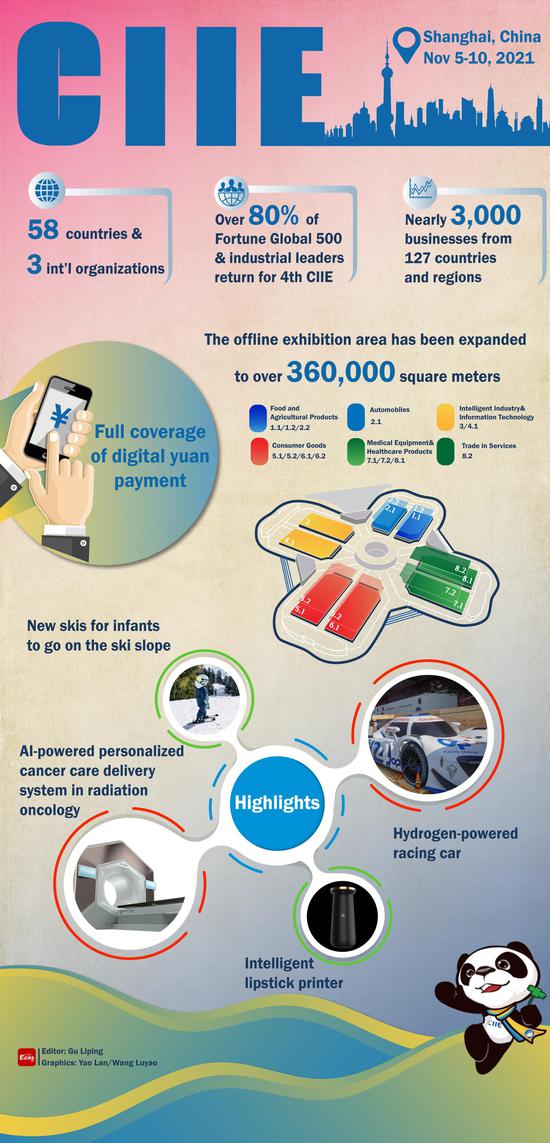
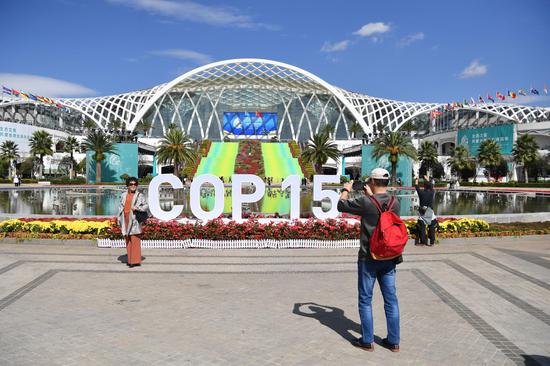
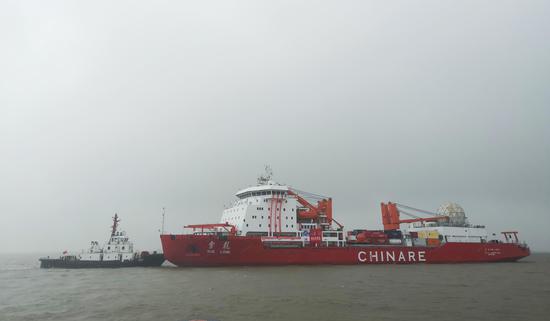
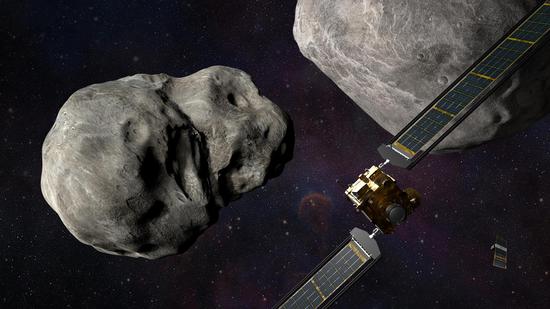
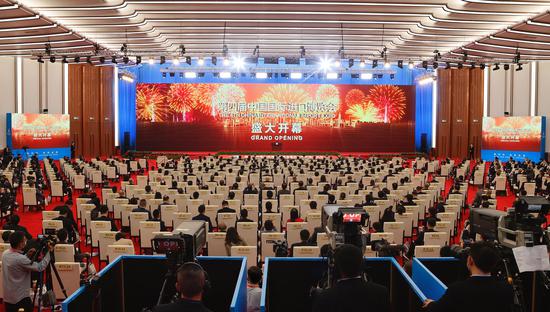
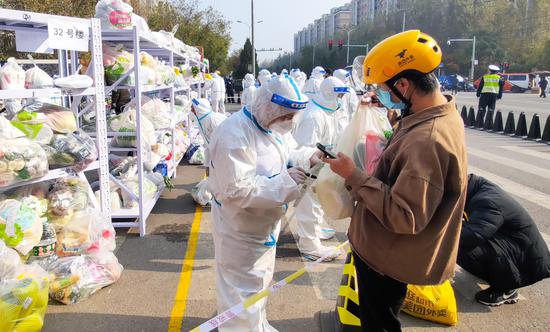

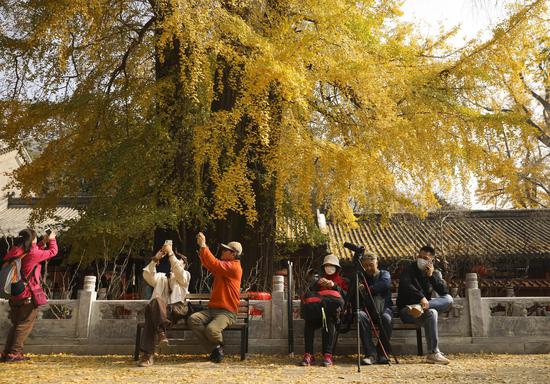

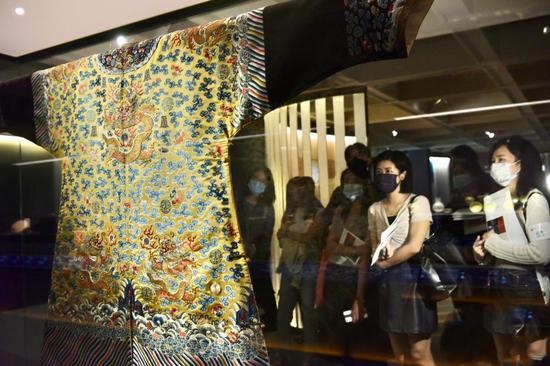
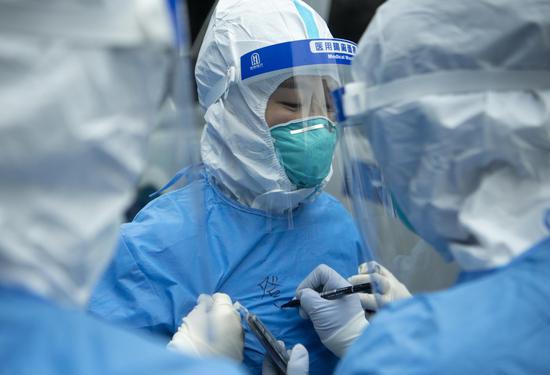


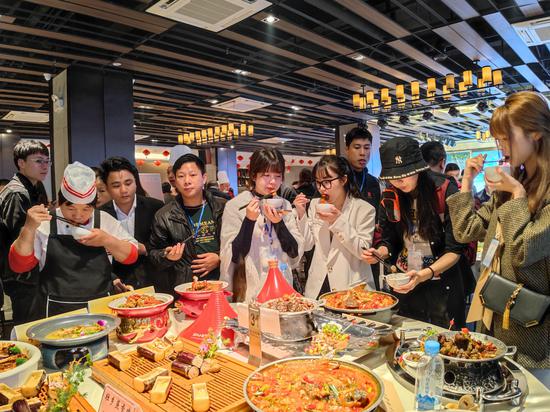
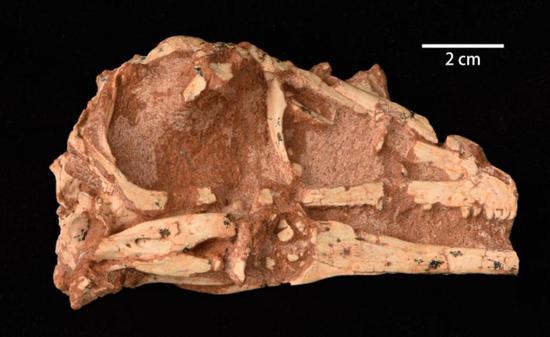

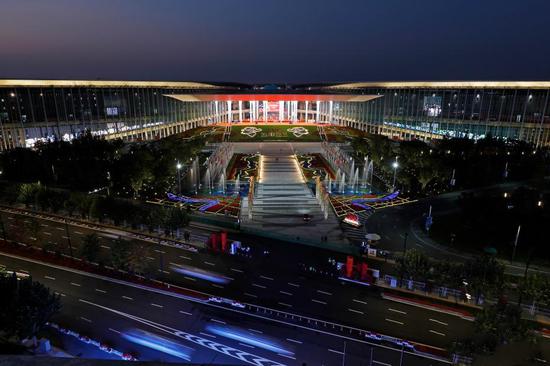



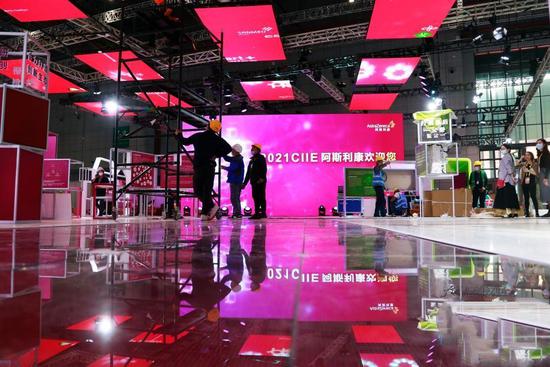
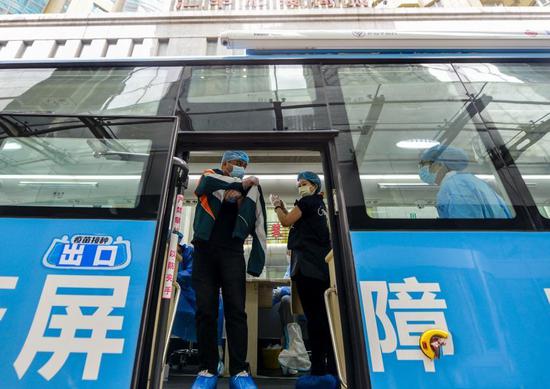

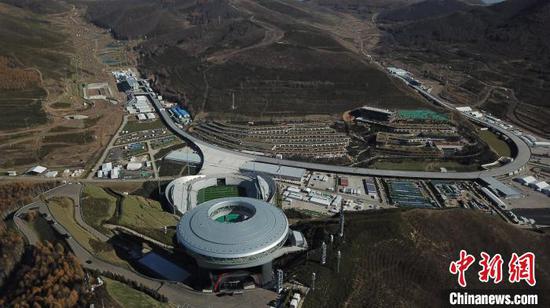
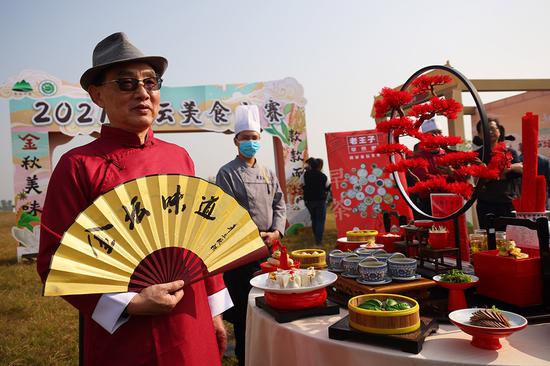

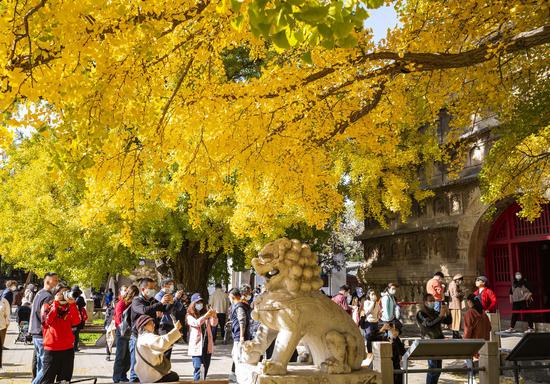



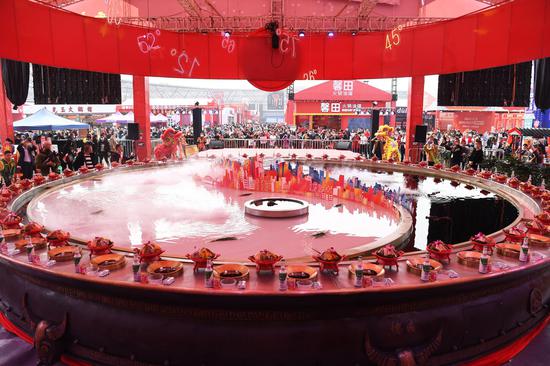
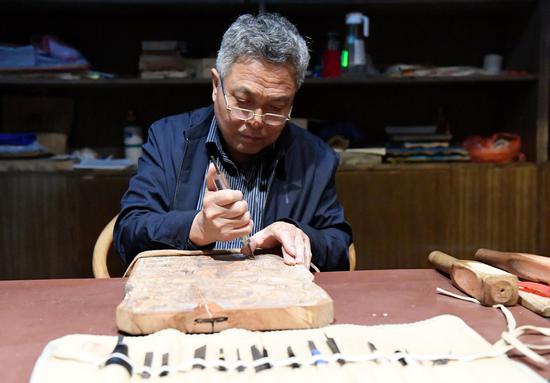



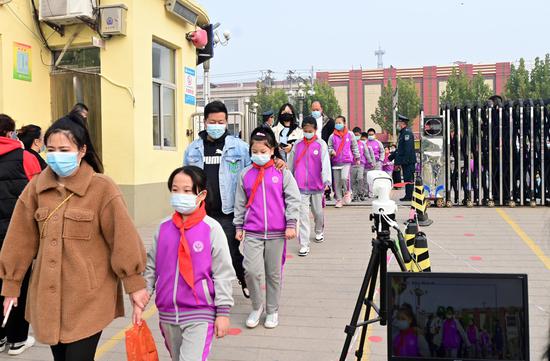






 京公网安备 11010202009201号
京公网安备 11010202009201号